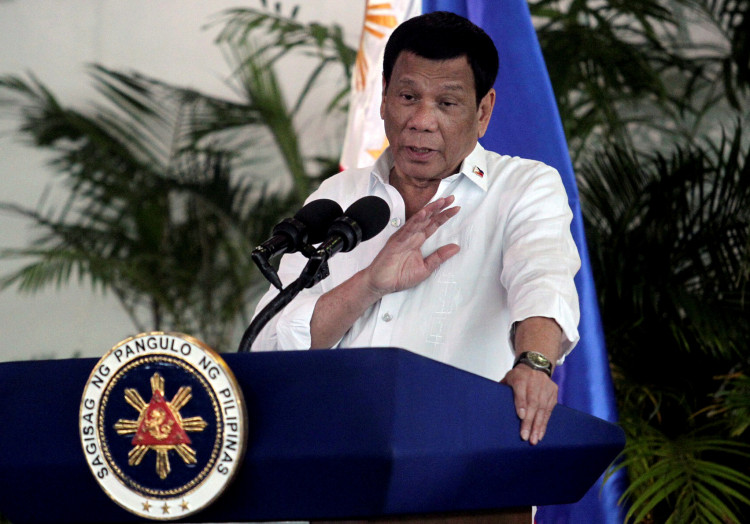The latest data from the Philippines Statistics Authority (PSA) indicated that the country is now among the fastest-growing economies in Southeast Asia. Positive transitions in the country's poverty lines have also started showing according to data from 2018.
According to a report published on the agency's official website, the number of Filipinos found to be living below the poverty line in the first half of 2018 reached 21 percent. The numbers are a jump from the 27.6 percent recorded in the same period three years back.
It is worth noting that the Philippines has been recording gross domestic product (GDP) growth of around six percent over the last seven years. Economists pointed out that this is proof the Philippine economy is thriving amid external and internal headwinds such as trade issues with its trade partners.
"Thanks to sustained economic growth and critical broad-based reforms and investments that have translated to employment-generation and social protection," economic planning secretary, Ernesto Pernia, said as reported by Bloomberg.
President Rodrigo Duterte's administration introduced the "Build, Build, Build" initiative that has seen the increase of infrastructure projects in the country. The scheme has also opened job opportunities for many workers. Cash handouts also improved significantly.
Pernia noted that the government is expecting to see the Philippines rise into an upper middle-income economy by the end of 2019. The ultimate goal is to reduce poverty rates by 14 percent before Duterte ends his presidential term in 2022.
It was previously predicted by the International Monetary Fund (IMF) that the Philippines will expand its economy by 6.5 percent in 2019 and slightly higher in 2020 at 6.6 percent. The positive outlook has spurred growth in the economy despite global trade disputes that affect exports.
Earlier this month, Swedish firms with businesses in the Philippines expressed optimism over the potentials that the Filipino market has to offer. Business Sweden said the country's consistent economic expansion over the last 20 years is proof that there is good business in the market.
However, some Swedish entrepreneurs acknowledged that doing business in the Philippines comes with challenges. It was revealed that some firms see bureaucracy as a potential source of risk for foreign investors. Startups have experienced difficulties in securing government permits.
On the other hand, most foreign businessmen in the Philippines are still positive about the corporate setting in the country. Entrepreneurs and investors said they are expecting more opportunities to open up in the coming years if the local economy continues to thrive.






